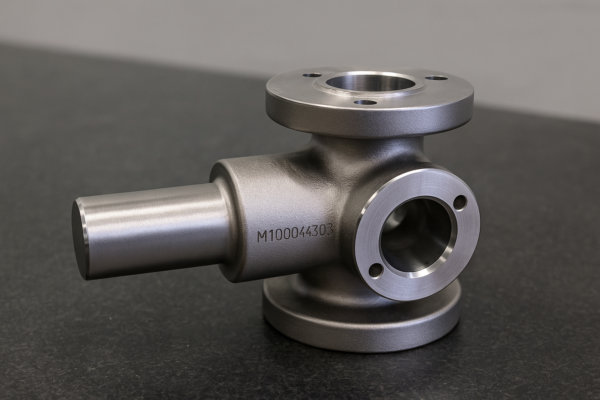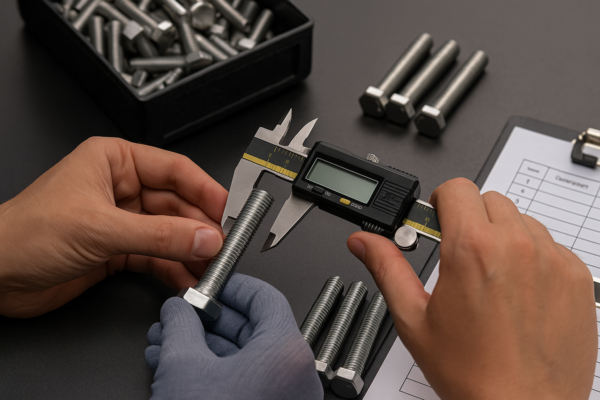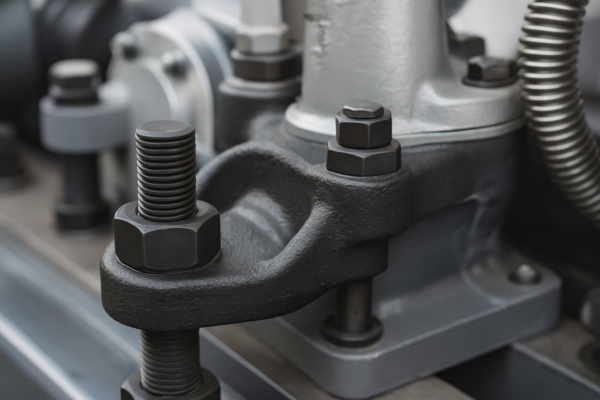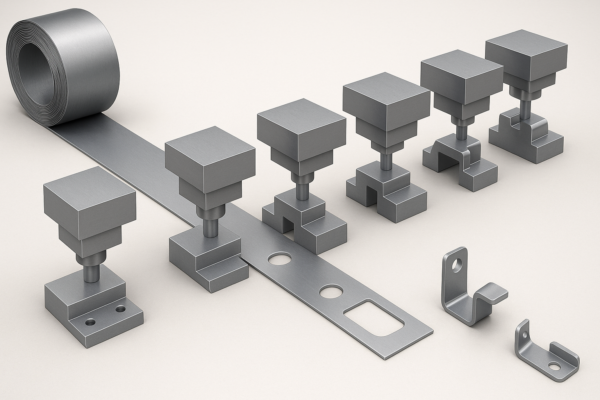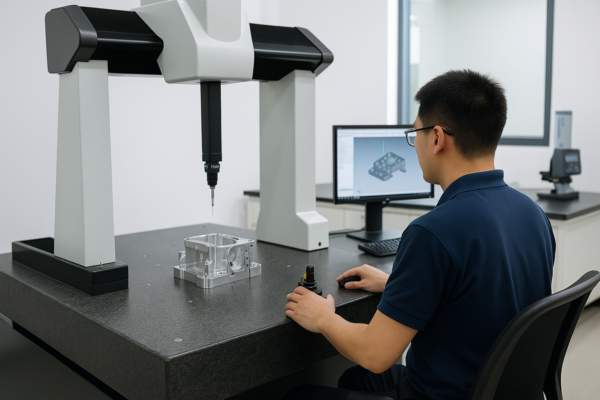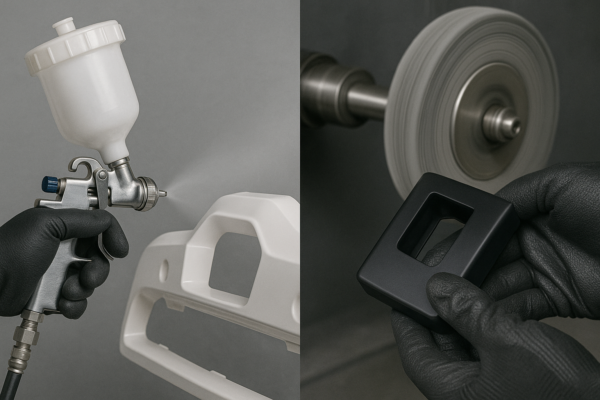What is the easiest metal to forge and how do you choose the right one?

Beginners in metalworking often struggle with cracking, overheating, or poor shaping—choosing the wrong metal makes it harder.
The easiest metals to forge are mild steel, copper, and aluminum—because they’re soft, ductile, and forgiving under heat.
Let’s look at which metals are beginner-friendly, which are tough, and which to avoid completely.
LOOP_START
What metal is easiest to forge?
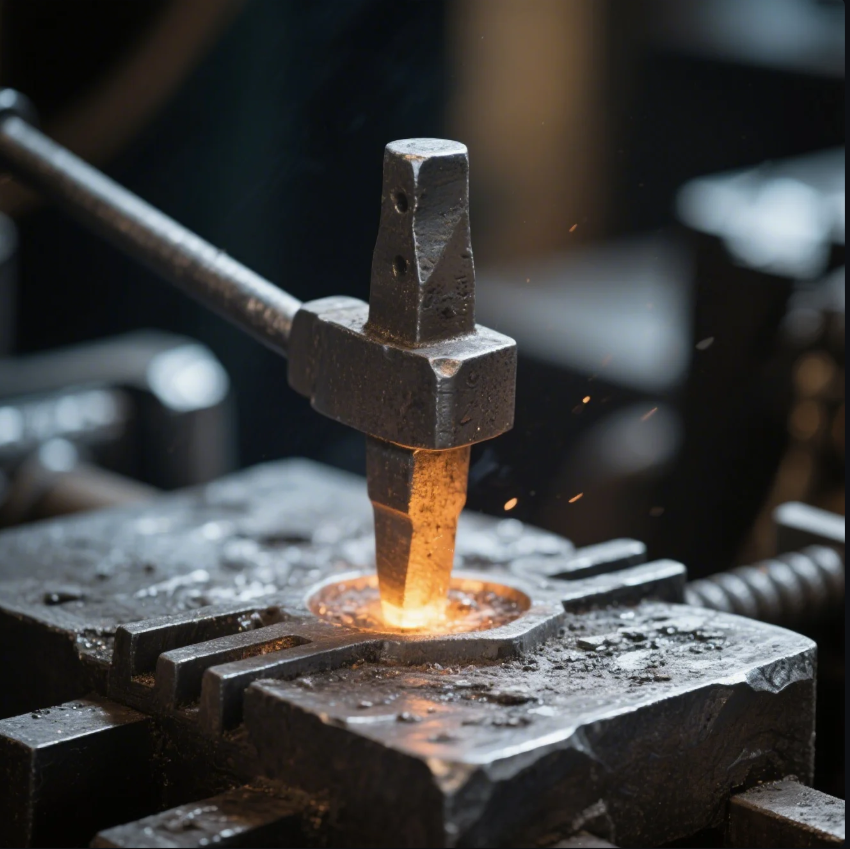
If you’re new to forging, some metals respond better to heat and hammering than others.
Mild steel is the easiest metal to forge—it’s soft, widely available, affordable, and doesn’t crack under pressure.
Why mild steel is ideal
| Feature | Advantage for Forging Beginners |
|---|---|
| Ductility | Easy to shape without fracturing |
| Forging Temperature | Forgives heat variation (1,200–1,300°C) |
| Availability | Common and inexpensive worldwide |
| Tool Compatibility | Works with basic home forging tools |
How we use mild steel at Prime
We use mild steel in forged brackets, industrial connectors, and general hardware. It’s a go-to material for high-strength but low-cost parts. When surface-hardened, it performs well even under high load conditions.
LOOP_END
LOOP_START
What is the best metal to start forging?
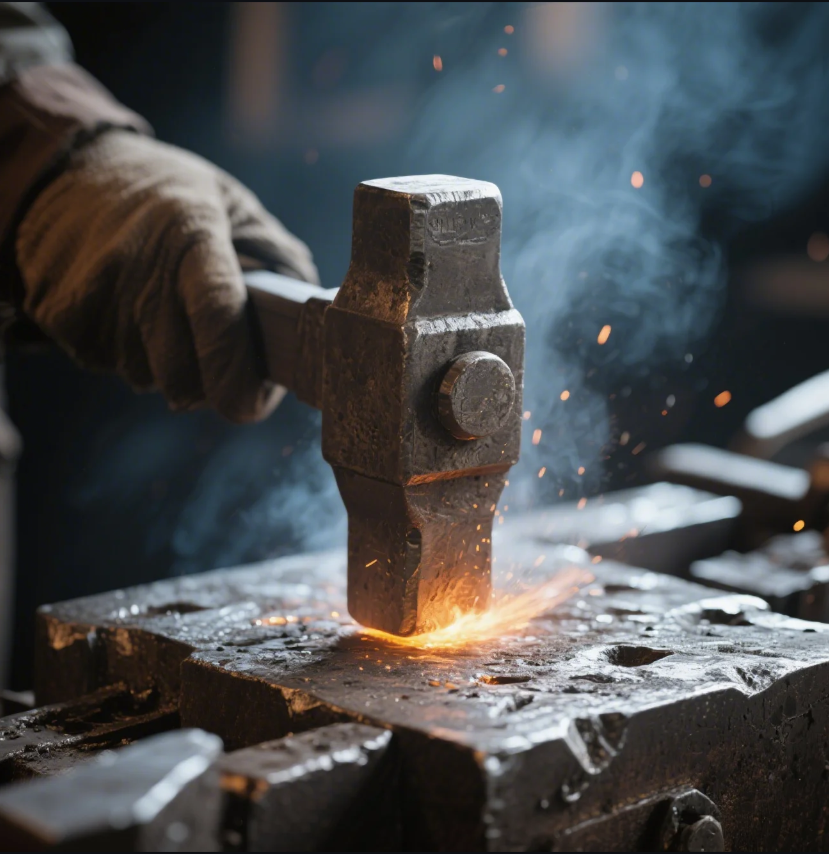
New metalworkers need materials that are easy to heat, hammer, and control.
The best metals to start forging are mild steel, copper, and low-carbon alloys due to their soft structure and easy workability.
Top beginner forging metals
| Metal | Why It’s Beginner-Friendly |
|---|---|
| Mild Steel | Forgiving, shapes well, and widely available |
| Copper | Soft, low melting point, easy to hammer |
| Aluminum | Lightweight, doesn’t spark, but may need lower temperatures |
Prime’s recommendation
Start with mild steel flat bar—it’s perfect for practice pieces like hooks, hinges, or hand tools. Once you get the hang of heating and shaping, you can explore more advanced alloys.
LOOP_END
LOOP_START
What is the hardest metal to forge?
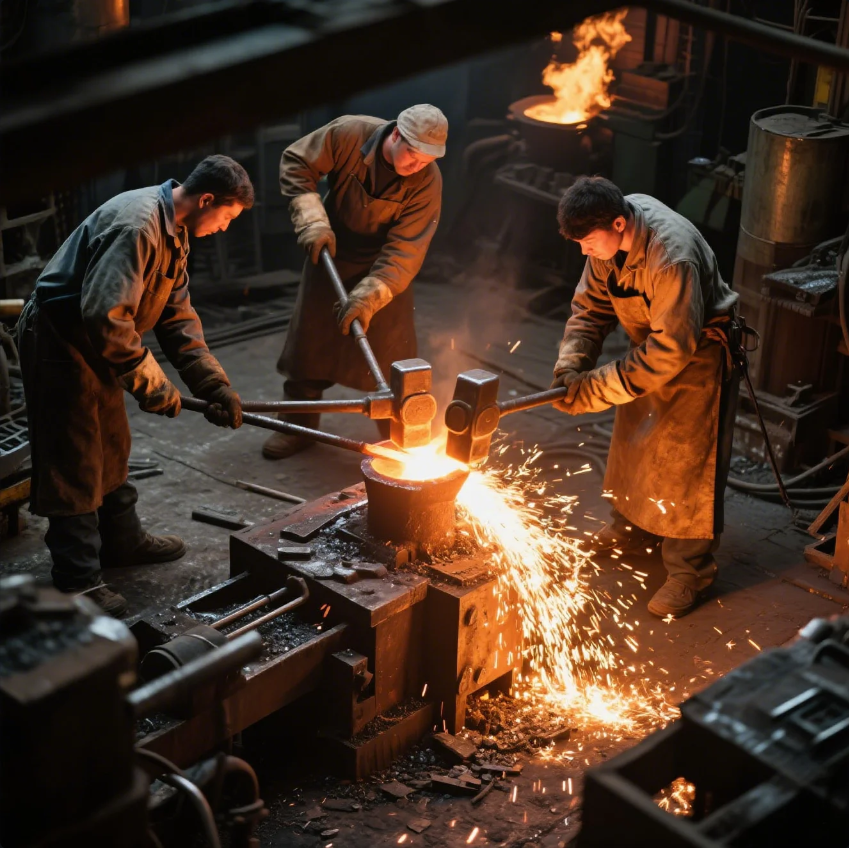
Some metals are tough to work with—requiring high heat, advanced tools, and precise timing.
Titanium, tungsten, and high-carbon steels are among the hardest metals to forge due to their brittleness, melting points, or sensitivity to oxidation.
Why these metals are difficult
| Metal | Forging Challenge |
|---|---|
| Titanium | Reacts with oxygen, needs shielding, cracks easily |
| High-carbon Steel | Becomes brittle, prone to cracking if overheated |
| Tungsten | Requires extremely high temperatures (~3,400°C) |
Prime’s advanced forging capabilities
We use controlled-atmosphere forging and preheat/post-weld thermal cycles to shape hard metals like titanium and tool steel. This allows us to produce impact-resistant dies and aerospace-grade brackets with exceptional durability.
LOOP_END
LOOP_START
What metals cannot be forged?
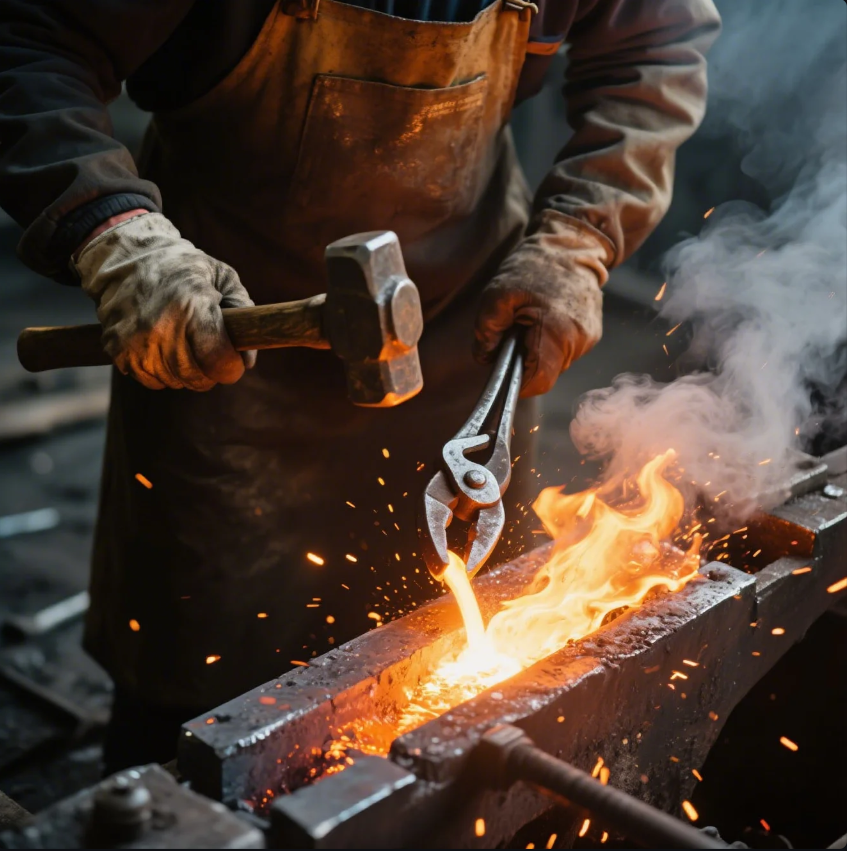
Not all metals can be forged—some crack, shatter, or deform unpredictably under heat and pressure.
Metals that cannot be forged include cast iron, certain high-alloy tool steels, and brittle nonferrous alloys like bismuth or lead.
Why some metals aren’t forgeable
| Metal | Limiting Property |
|---|---|
| Cast Iron | Too brittle, cracks instead of deforming |
| Bismuth | Low ductility, fractures under minimal stress |
| High Chromium Steel | Requires exact heat control or it will crack |
| Lead | Too soft and toxic for most forge environments |
Prime’s approach to material selection
We help clients choose forging-friendly metals from the start. Our material engineers advise on metal grade, grain structure, and post-process requirements—especially for high-volume stamping and CNC integration projects.
LOOP_END
Conclusion
Mild steel is the easiest metal to forge—offering strength, ductility, and forgiving heat control—while some brittle alloys should be avoided.
Need help choosing the right metal for forging or forming? Contact Prime today for free consultation, custom material sourcing, and ISO-certified forged components—made to perform in any industry.

